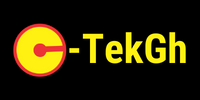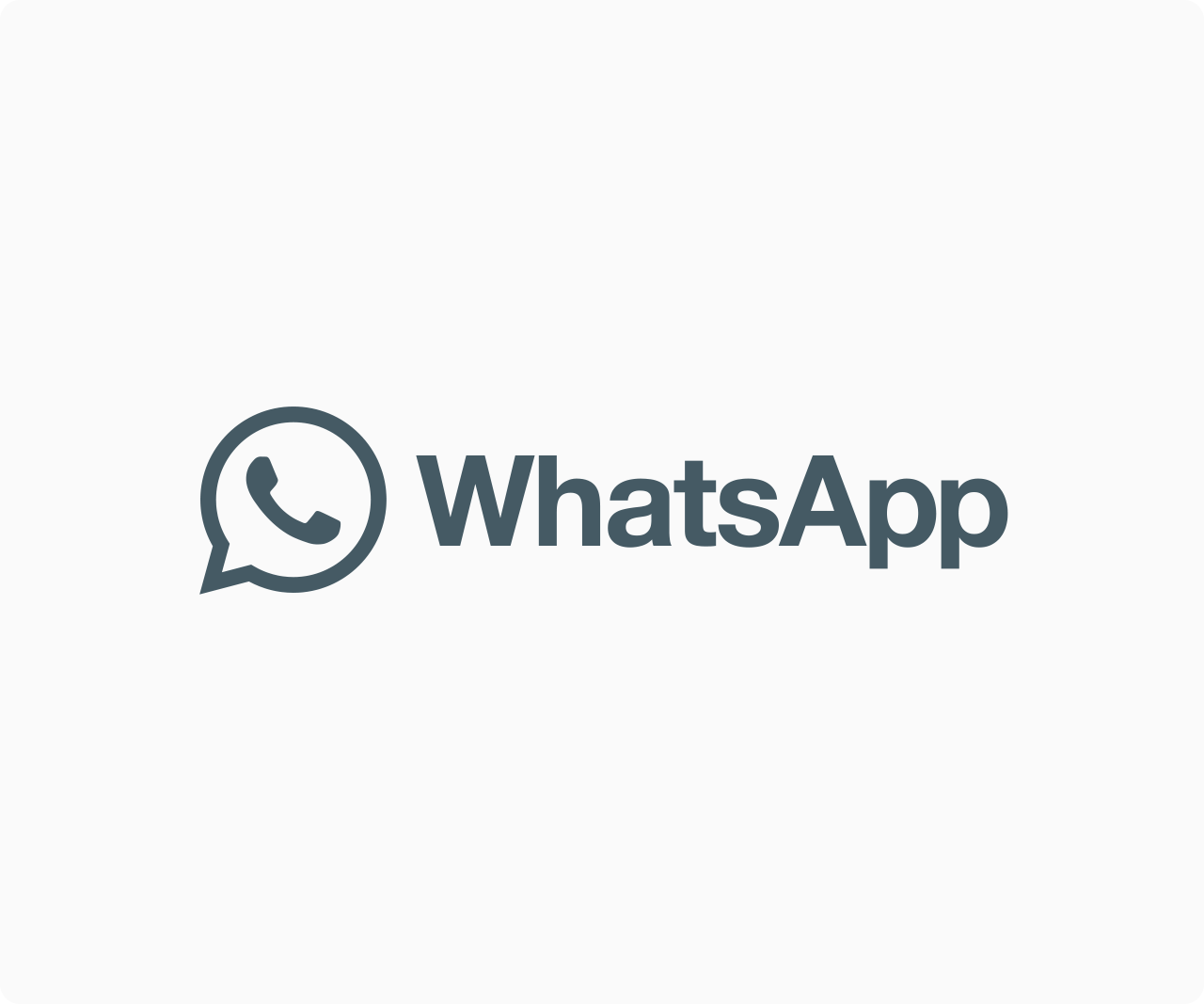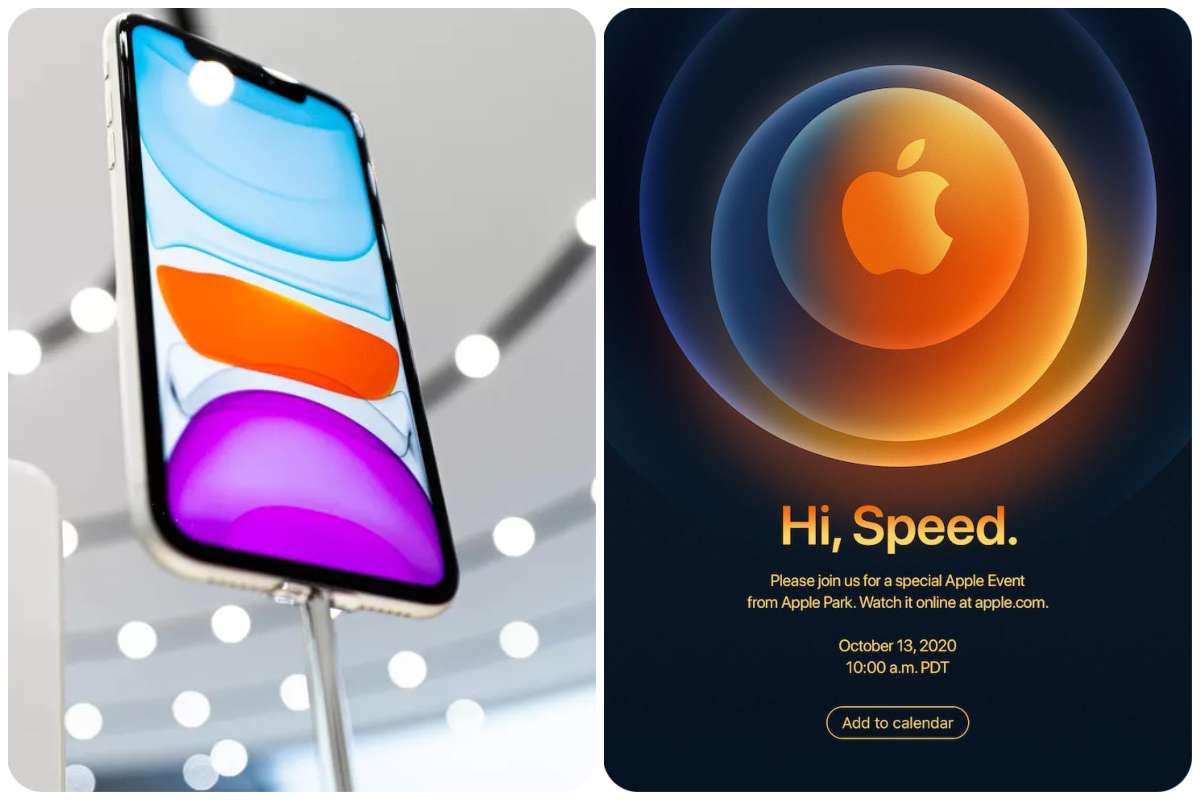Fintech
Huawei and UNESCO to implement project in Africa for digital education systems

UNESCO and Huawei announced the start of the implementation phase of the Technology-Enabled Open Schools for All (TeOSS) project in Ghana, Ethiopia, and Egypt at an online meeting last Thursday.
TeOSS, which is aligned with UN SDG4, will serve as a foundation for driving the digital transformation of the education sector and assisting the three UNESCO member nations in developing resilient education systems that can resist global disruptions like COVID-19.
The evaluation of project achievements will aid in the development of strategies and models for implementing TeOSS at a national level and expanding the project to other African countries in order to promote ICT integration in teaching and learning.
TeOSS programs in Ghana, Ethiopia, and Egypt will connect schools as well as give training for teachers and students in the use of digital tools, construct online platforms to integrate school and home learning and develop digital curricula that can be accessed remotely without supervision.
Its goal is to assist students to become self-assured digital citizens capable of navigating the virtual world on their own, as well as to provide teachers with the skills needed to maximize learning outcomes using existing and future digital resources.
READ ALSO: Apple’s AR headset coming next year with ‘Mac-level’ power
“The project will test schooling models that can adjust quickly to new difficulties brought by the epidemic, as well as utilize technology to help facilitate the creation of future schooling models,” said Stefania Giannini, UNESCO’s Assistant Director-General for Education.
“It is defined by a digital school model that makes programs accessible to all students, regardless of whether they are in a crisis or not — it is a case of going beyond the current situation and opening a new horizon of teaching and learning.”
The TeOSS programs were established in close consultation with the governments of Ghana, Ethiopia, and Egypt, in accordance with their current national strategies, to fulfill unique local needs.
In Egypt, an ICT skills framework for teachers and students in K12 schools has been developed.
Experts in the development of digital courseware and elementary and junior high school teachers will be trained, and a National Distance Learning Centre will be built for use by educators across the country to ensure professional development continuity.
“Egypt’s new education system 2.0 emphasizes the integration of technology into the educational process with multiple digital learning resources and learning platforms to ensure education for all and achieve educational quality and access,” according to Dr. Reda Hegazy, Egypt’s Deputy Minister for Teachers’ Affairs.
“Through digital learning materials, the teacher’s job has moved from supplying information to becoming a guide and facilitator of the educational process.”
In Ethiopia, the TeOSS project will focus on establishing ICT infrastructure to connect pilot schools, train teachers and students, and develop a Learning Management System that is integrated with a Teacher Training Platform.
“As indicated in our new education sector roadmap, Ethiopia realizes the necessity for ICT and digitalization in our future schooling system to deliver excellent and inclusive education equally for everyone, without any disruptions,” said Dr. Fanta Mandefiro of Ethiopia’s State Ministry of Education.
“This project fully aligns with our aims as well as the actions of our programs and initiatives for using digital content in our educational system.”
The focus in Ghana is on developing digital content for all disciplines and offering training for teachers and students in primary and secondary schools.
The initiative will also create an e-repository, which teachers will be able to utilize to contribute information and which learners will be able to access both online and offline with little or no supervision.
“I am pleased to note that this UNESCO-HUAWEI partnership builds on the already established partnerships and collaborative efforts with our national institutions, particularly CENDLOS, which is the institution mandated by the Ghanaian government to facilitate the integration of ICT into the education system across the board,” said Ghana’s Minister of Education, Dr. Yaw Osei Adutwum.
TeOSS is part of Huawei’s TECH4ALL digital inclusion effort, which aims to use technology to improve education equity and quality.
“With the digital platforms that Technology-enabled Open Schools for All will establish, learning will never have to cease — whatever the future holds,” said Kevin Zhang, Huawei’s CMO of ICT Infrastructure.
“Huawei is fully committed to collaborating with UNESCO, governments, and all stakeholders to produce successful, long-term, and scalable projects,” says the company.
The TeOSS initiative, as well as the partnerships that will carry it out, are critical for digitalizing education and ensuring that everyone has fair and inclusive access to lifelong learning opportunities.




